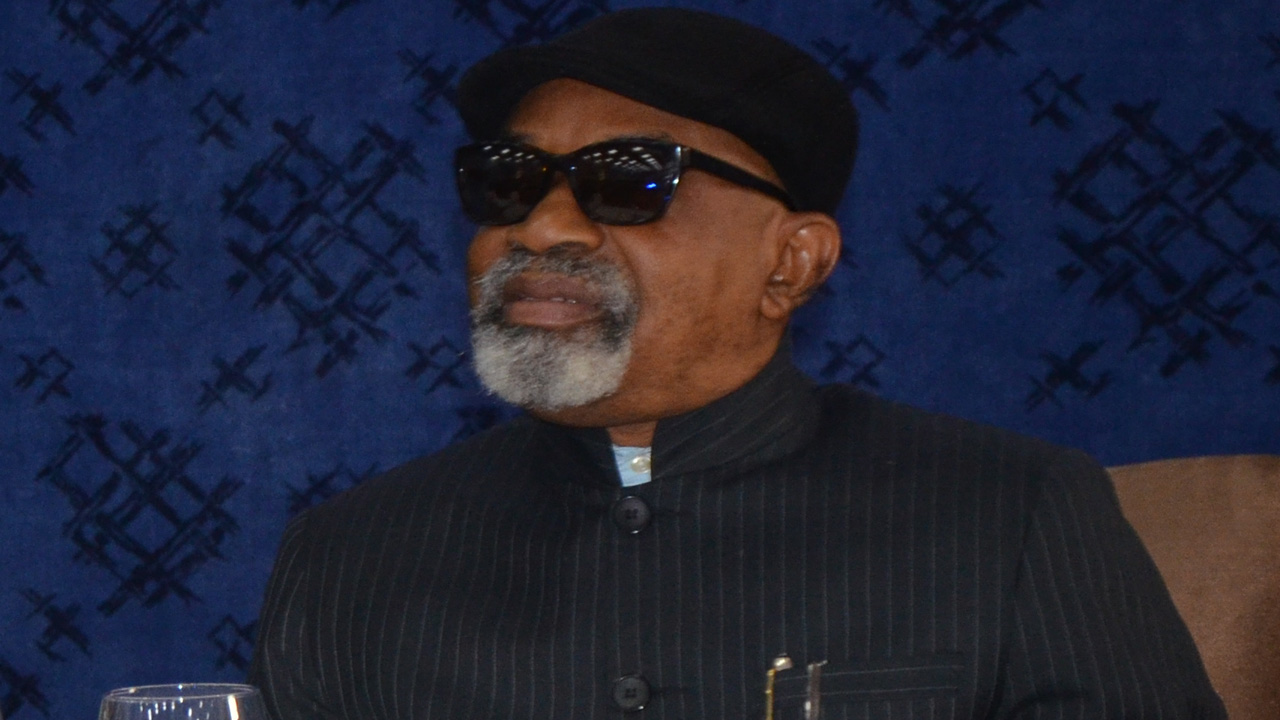The Minister of Labour and Employment, Chris Ngige, on Wednesday, said the Federal Government and the organised labour had yet to reach an agreement on the new National Minimum Wage as being reported in the media.
He said the government was still consulting and negotiation was still ongoing.
Ngige said this in an interview with State House correspondents after a meeting of the Federal Executive Council presided over by President Muhammadu Buhari at the Presidential Villa, Abuja.
The minister said there was no truth in the claim that the three parties involved in the negotiation had agreed to increase the minimum wage to N30, 000.
“I saw all your newspapers yesterday (Tuesday) awash with the news that we have all agreed on N30, 000. That is not true. The Federal Government has not agreed on N30, 000,” the minister declared.
He explained that while the organised labour and the organised private sector agreed on N30,000; the Federal Government proposed N24,000 and state governors proposed N20,000.
The minister said the fact that two parties – labour and private sector- – had agreed on a figure did not mean the figure had been accepted.
He said in accordance with Convention 131 of the International Labour Organisation, the most important thing to consider in fixing the new minimum wage was the ability to pay.
Ngige recalled that a meeting of the tripartite committee on the new minimum wage was reconvened on October 4 and 5 after workers had called off the industrial action they earlier embarked on.
He disclosed that at the meeting, the three parties – the organised labour, the organised private sector and the government– adjusted the figures they had proposed for the new minimum wage.
The minister said, “If you could remember, the contentious issue as per that meeting was for figures to be fixed and we had all proposed our figures, but throughout the negotiations, figures were adjusted.
“The labour unions adjusted their figures and came down to N30, 000 per month; organised private sector also adjusted their figures from N25, 000 which they had earlier proposed to N30, 000.
“The issue of the minimum wage under Convention 131, the fixing mechanism takes that into account and also says that there must be a consensual agreement.
“So we have a figure of the Federal Government and the state governments have theirs. The state governments’ figure at the last time was N20,000, while the Federal Government had a figure of N24,000 and that was where we all stood.
“This negotiation took into account these irreducible offers on the different governments but we could not arrive at a consensus. Though we adjourned our meeting and said we would put up a report that would reflect this position, we are still continuing to discuss informally to see if we could arrive at a common figure.”
He described the matter as a sensitive one, adding that the Federal Government could not fix an amount which the states would find difficult to pay.
This, he said, might lead to retrenchment of workers in the states.
He said the present administration was not favourably disposed to retrenchment.
However, members of the organised labour had described the claims by Ngige as false and misleading.
In a statement jointly signed by the President of the Nigeria Labour Congress, Ayuba Wabba, and the President of the Trade Union Congress, Bobboi Kaigama, the unionists wondered how the minister could say no amount had been agreed by the tripartite committee.

 News6 years ago
News6 years ago
 Featured6 years ago
Featured6 years ago
 Boss Picks6 years ago
Boss Picks6 years ago
 Headline6 years ago
Headline6 years ago
 Headline6 years ago
Headline6 years ago
 Headline5 years ago
Headline5 years ago
 Headline6 years ago
Headline6 years ago
 Headline6 years ago
Headline6 years ago












